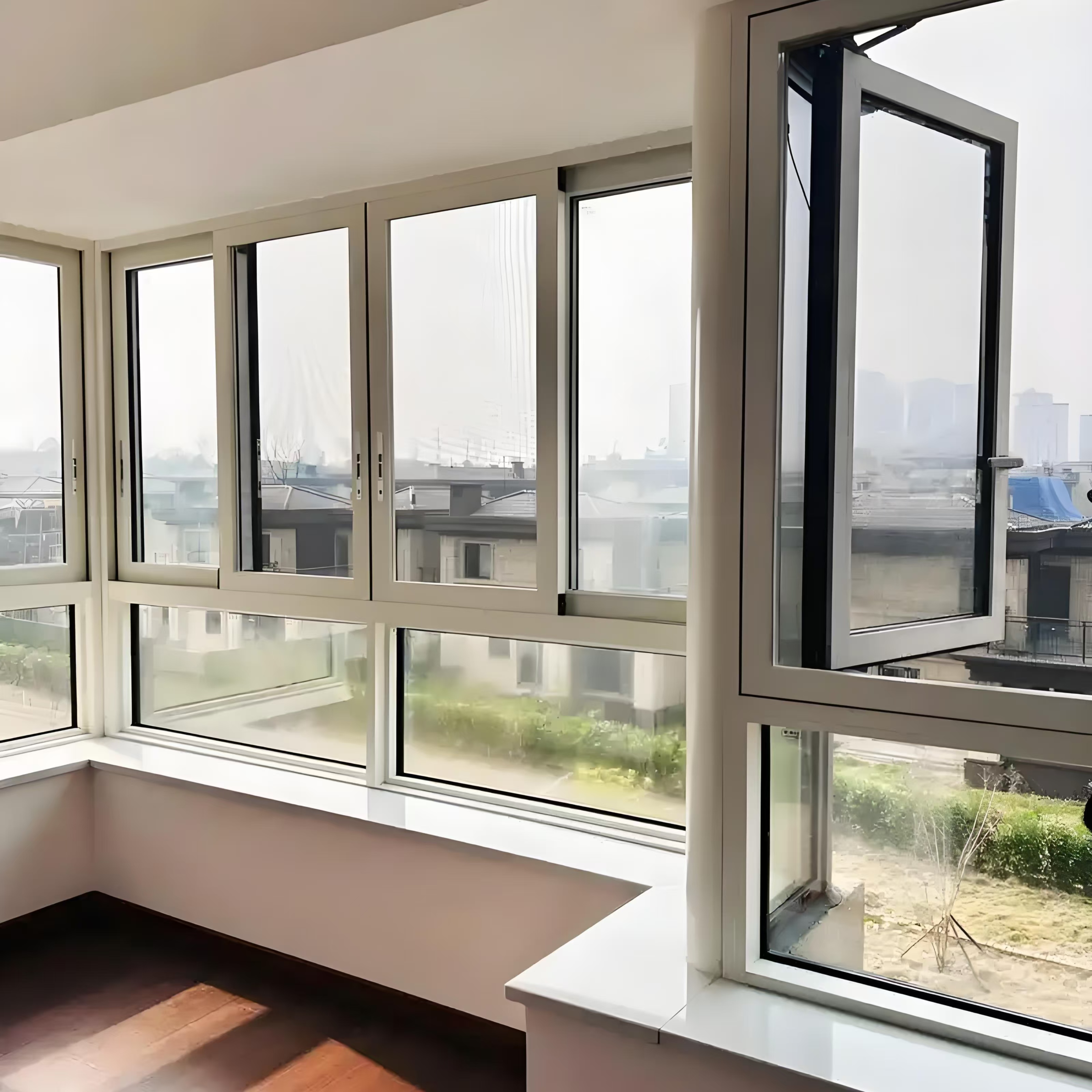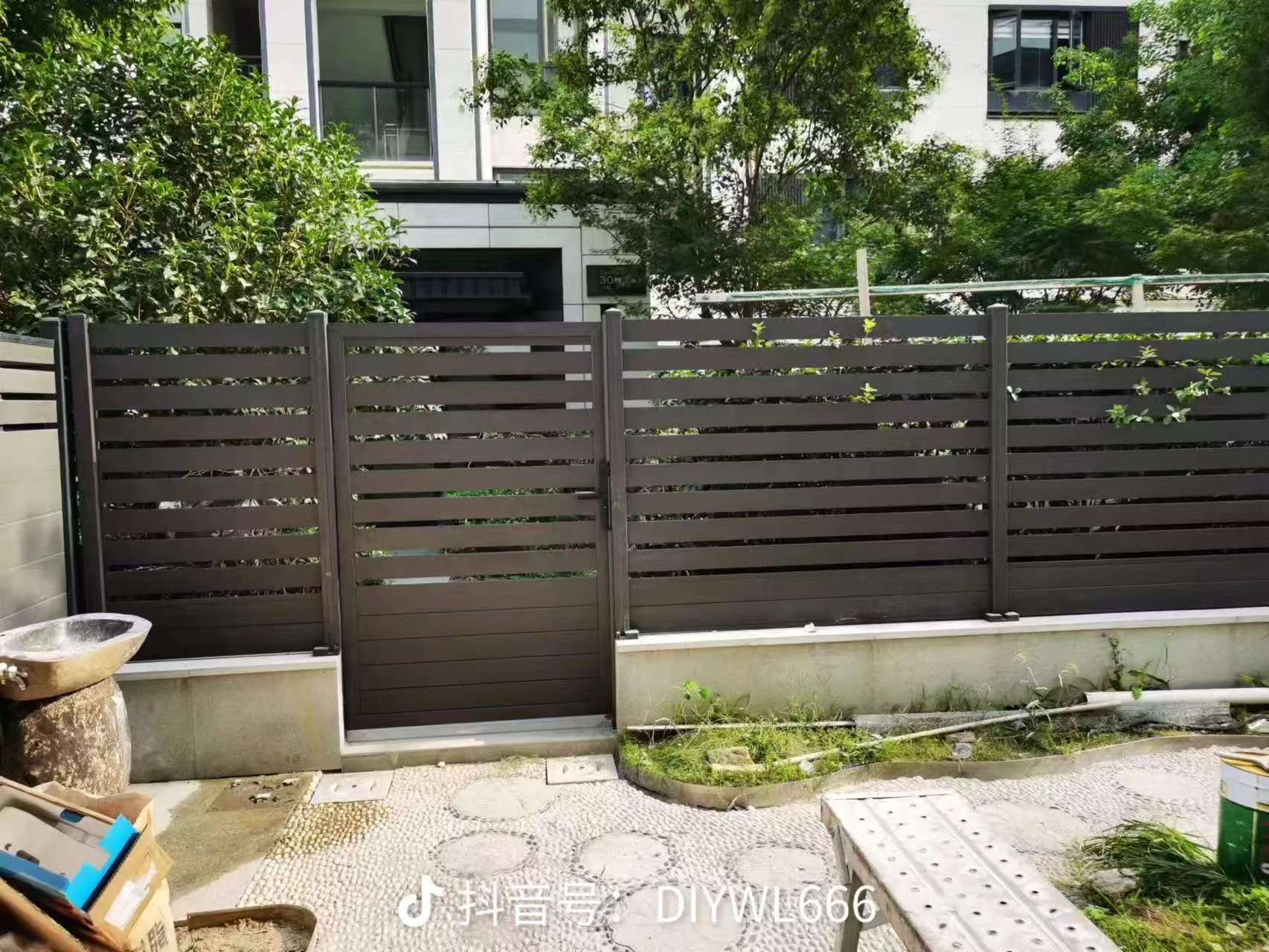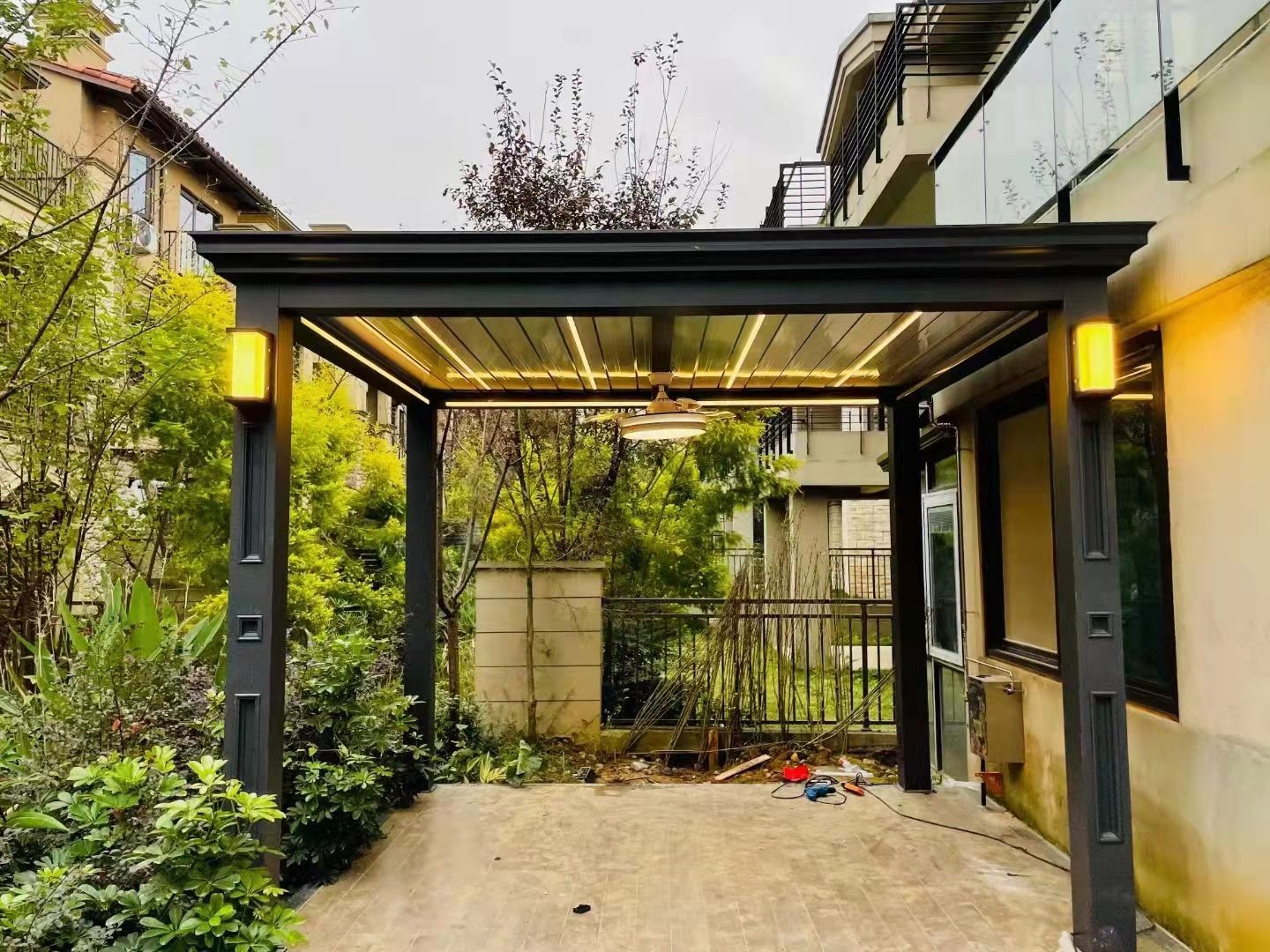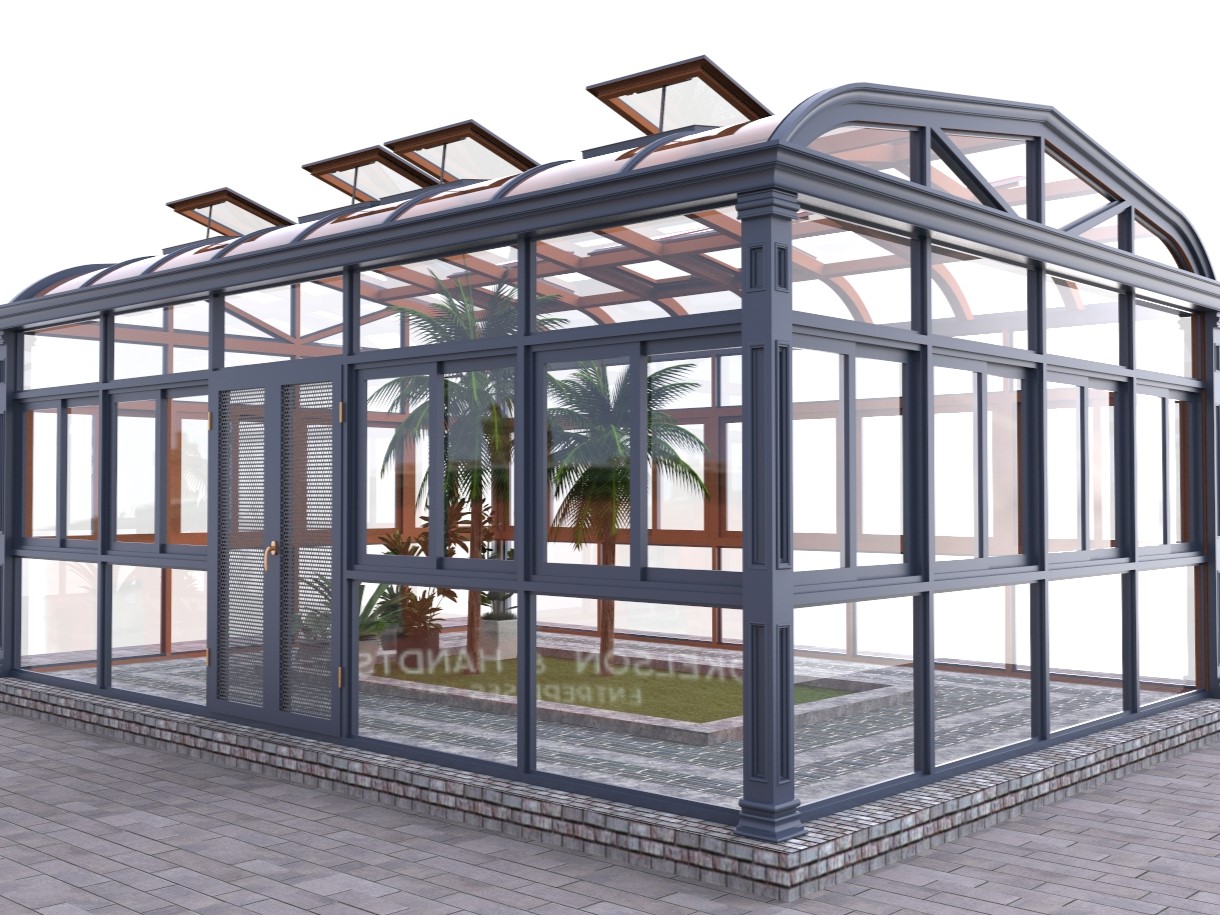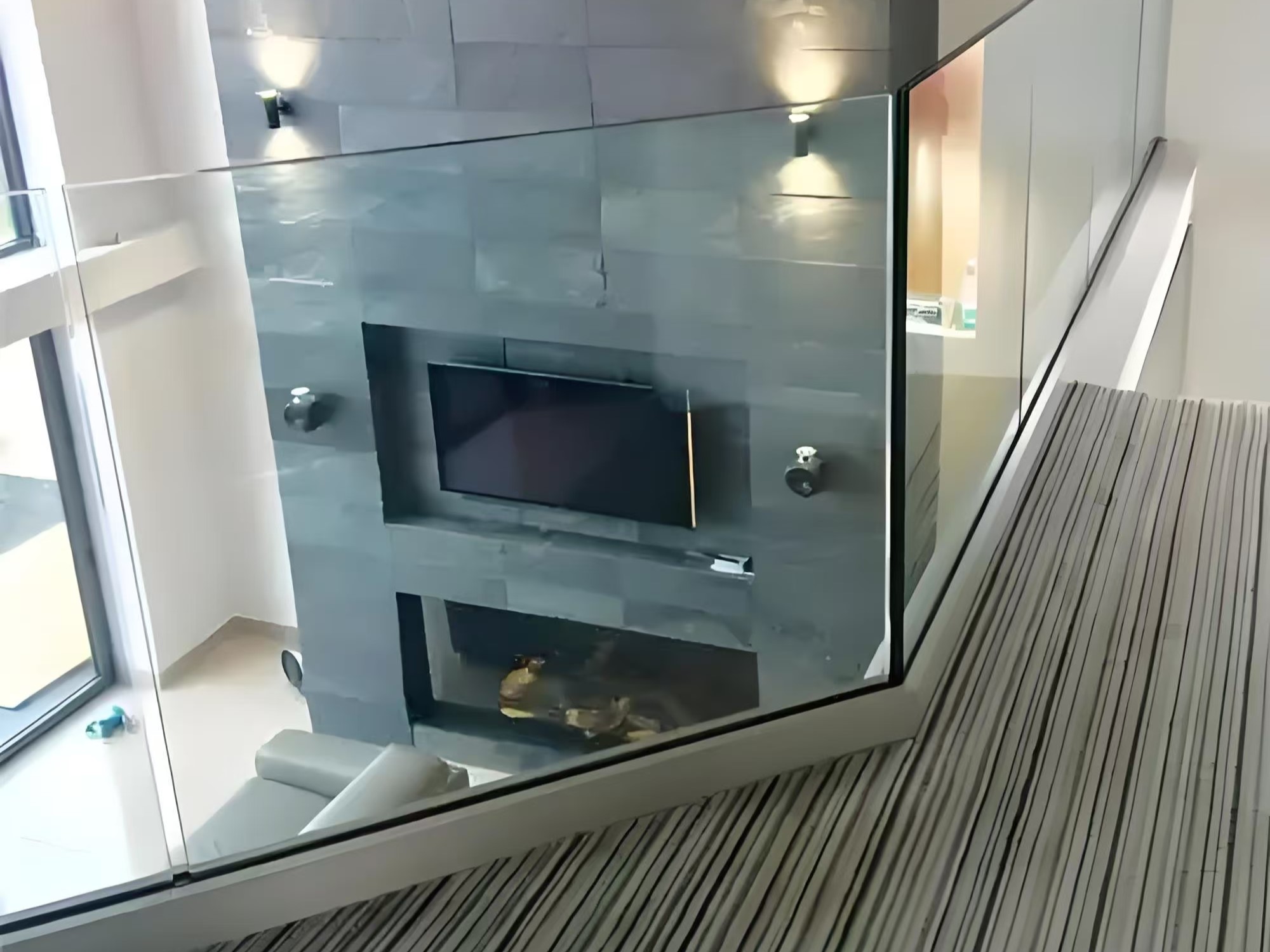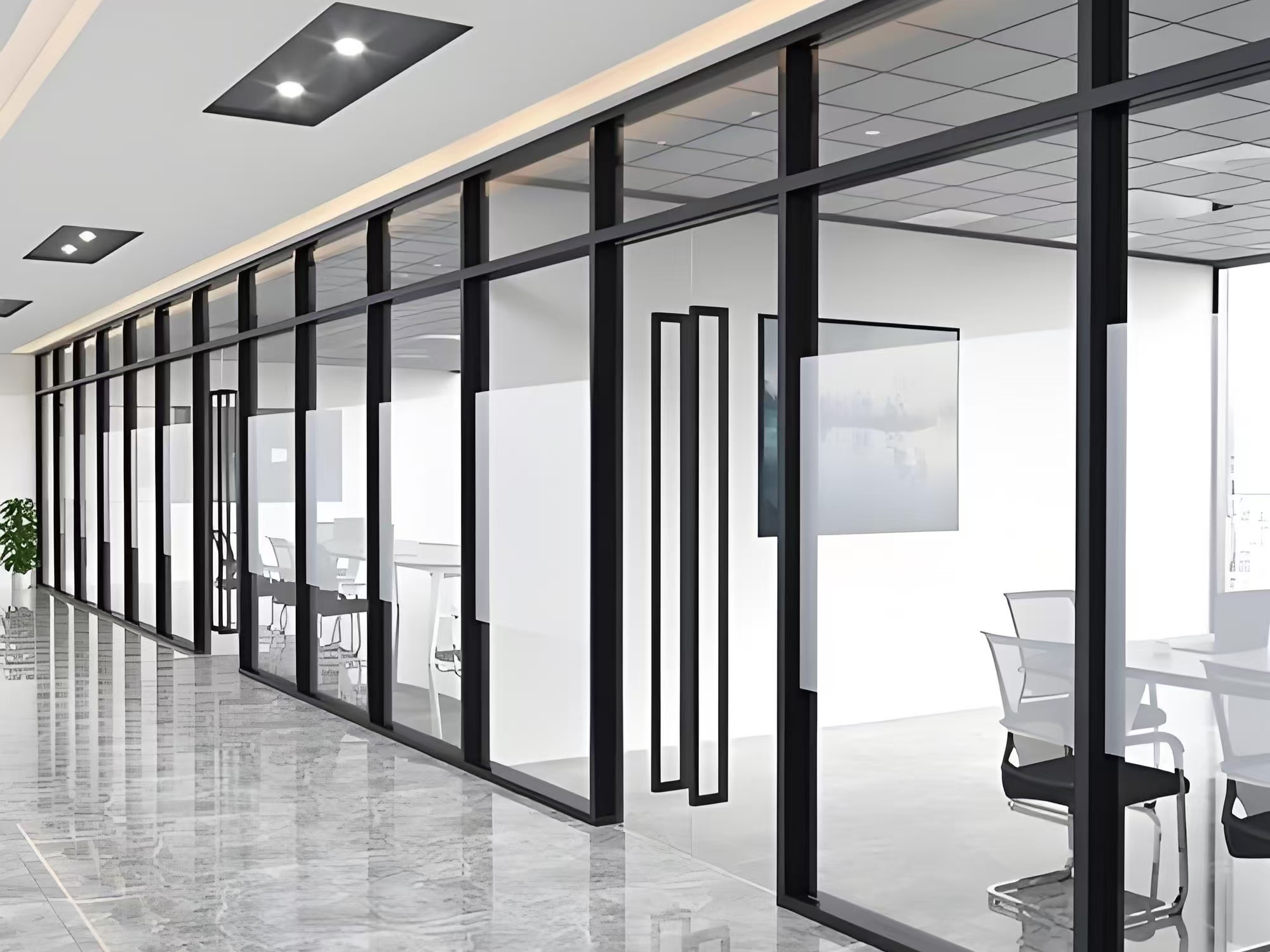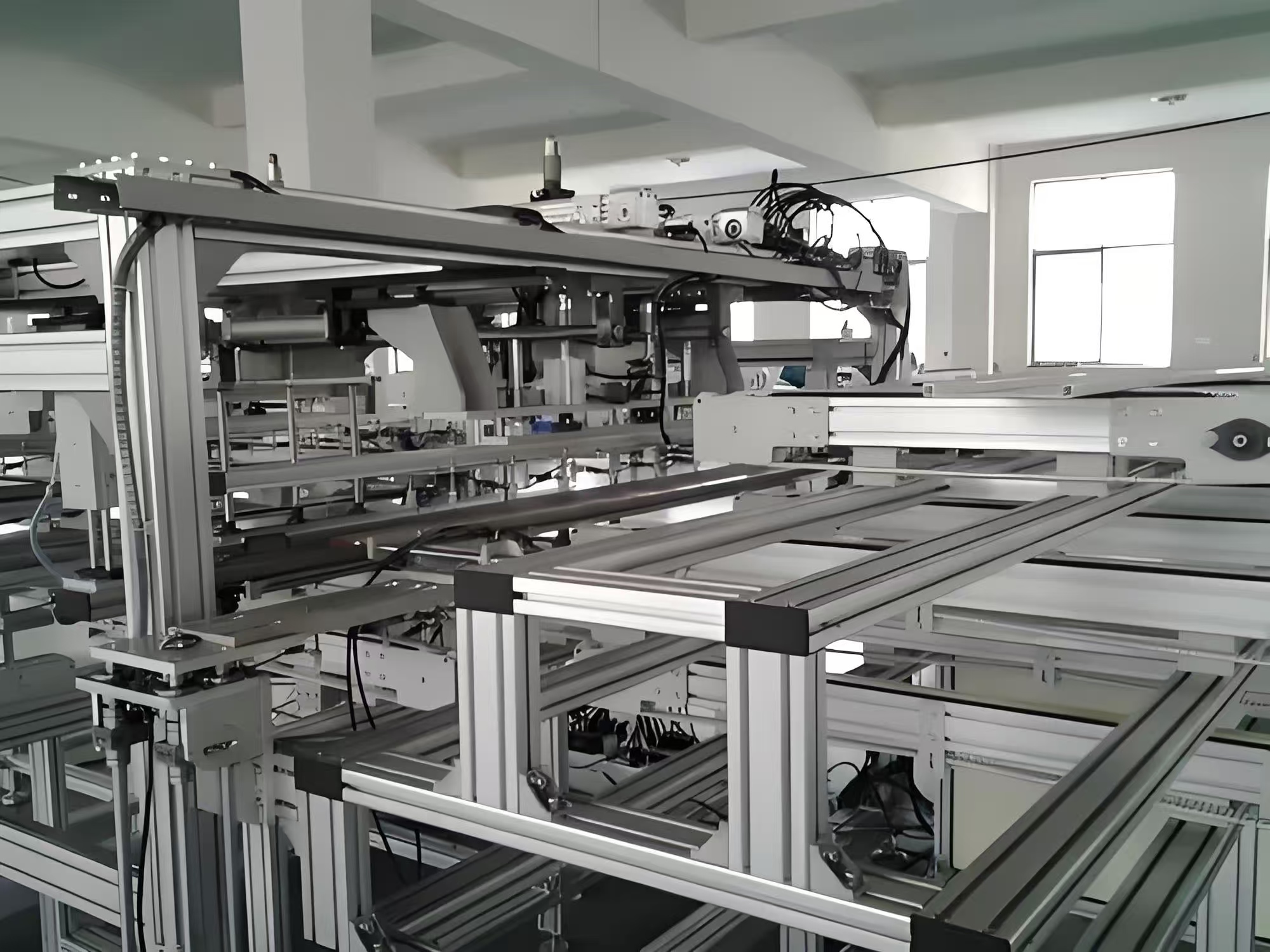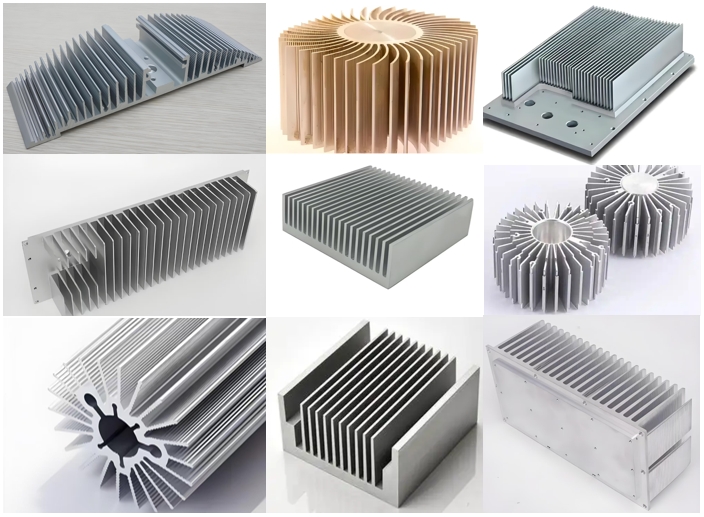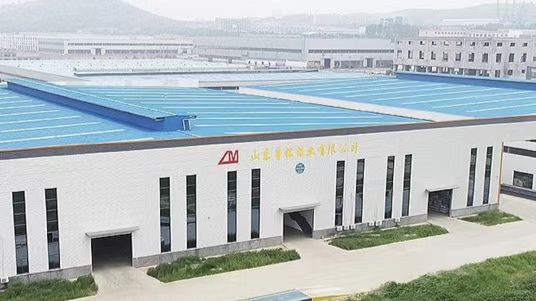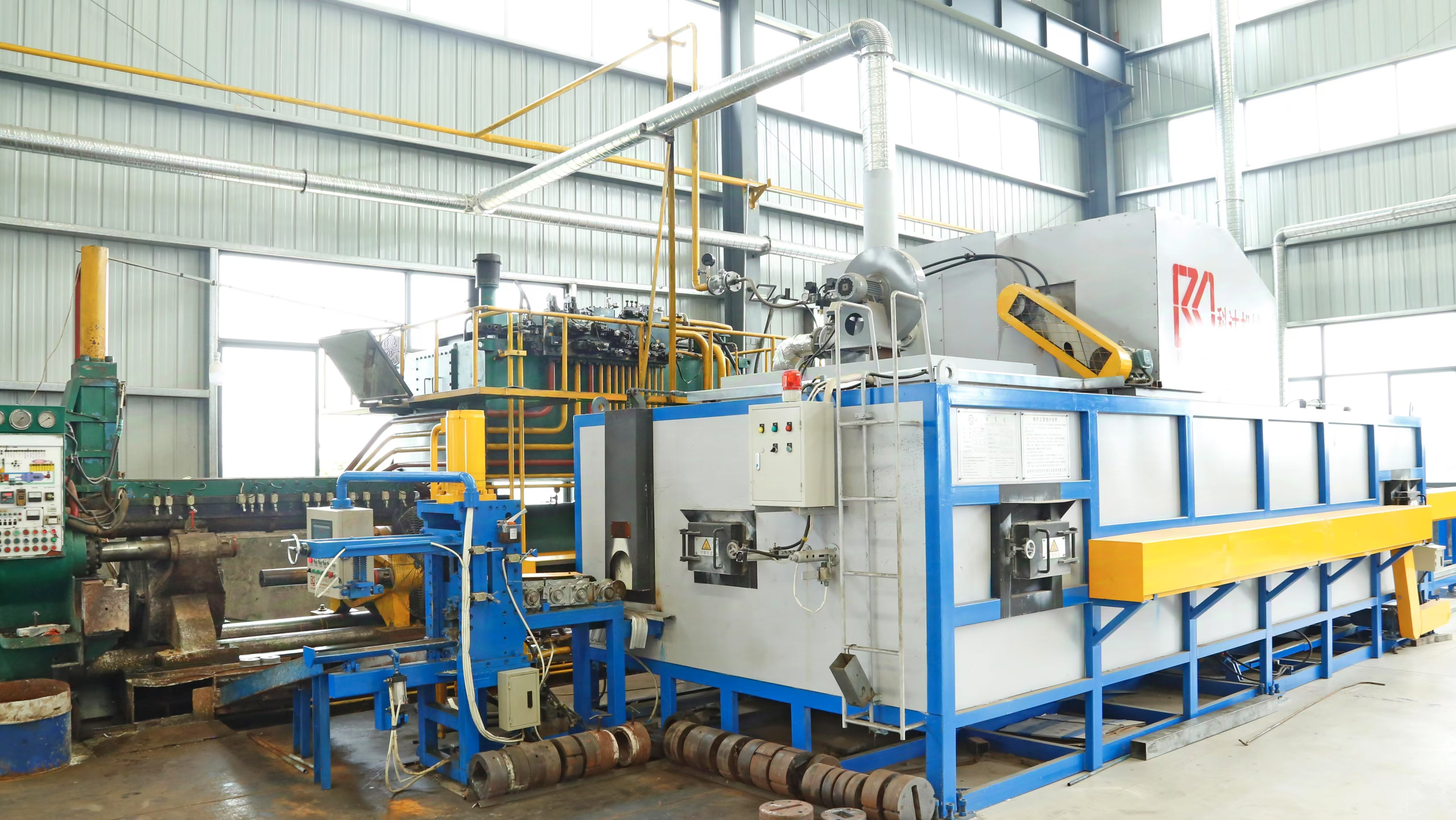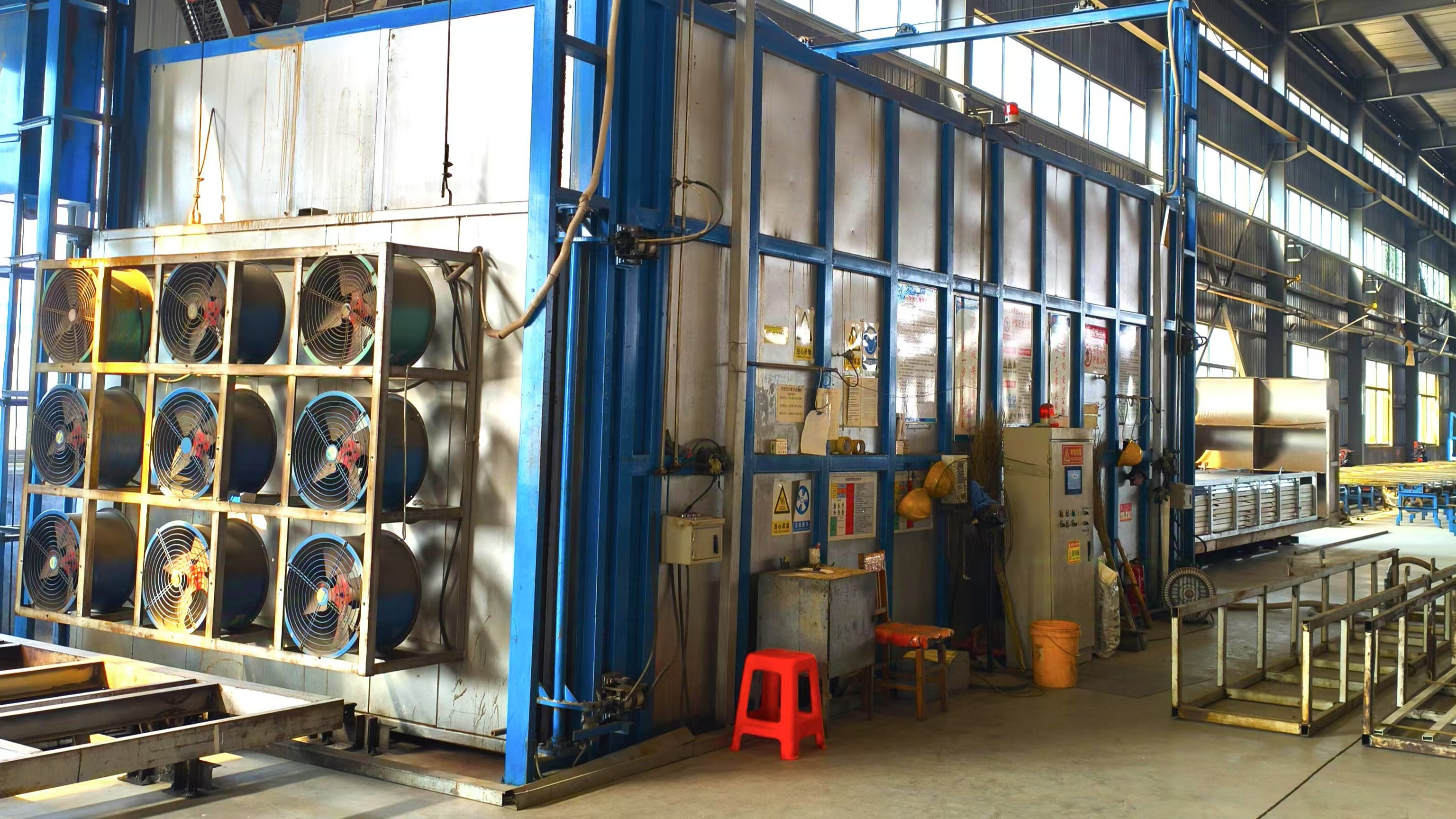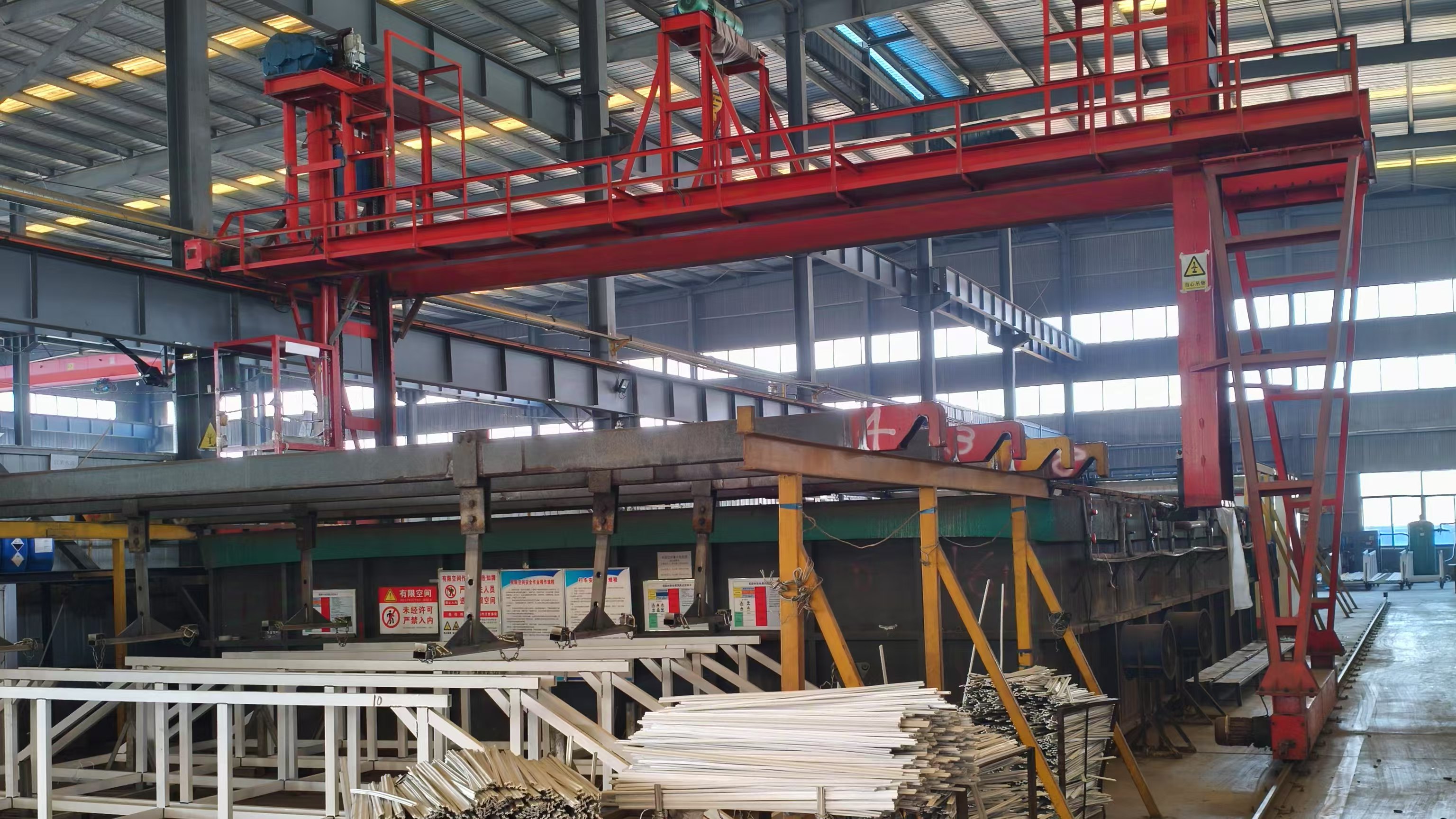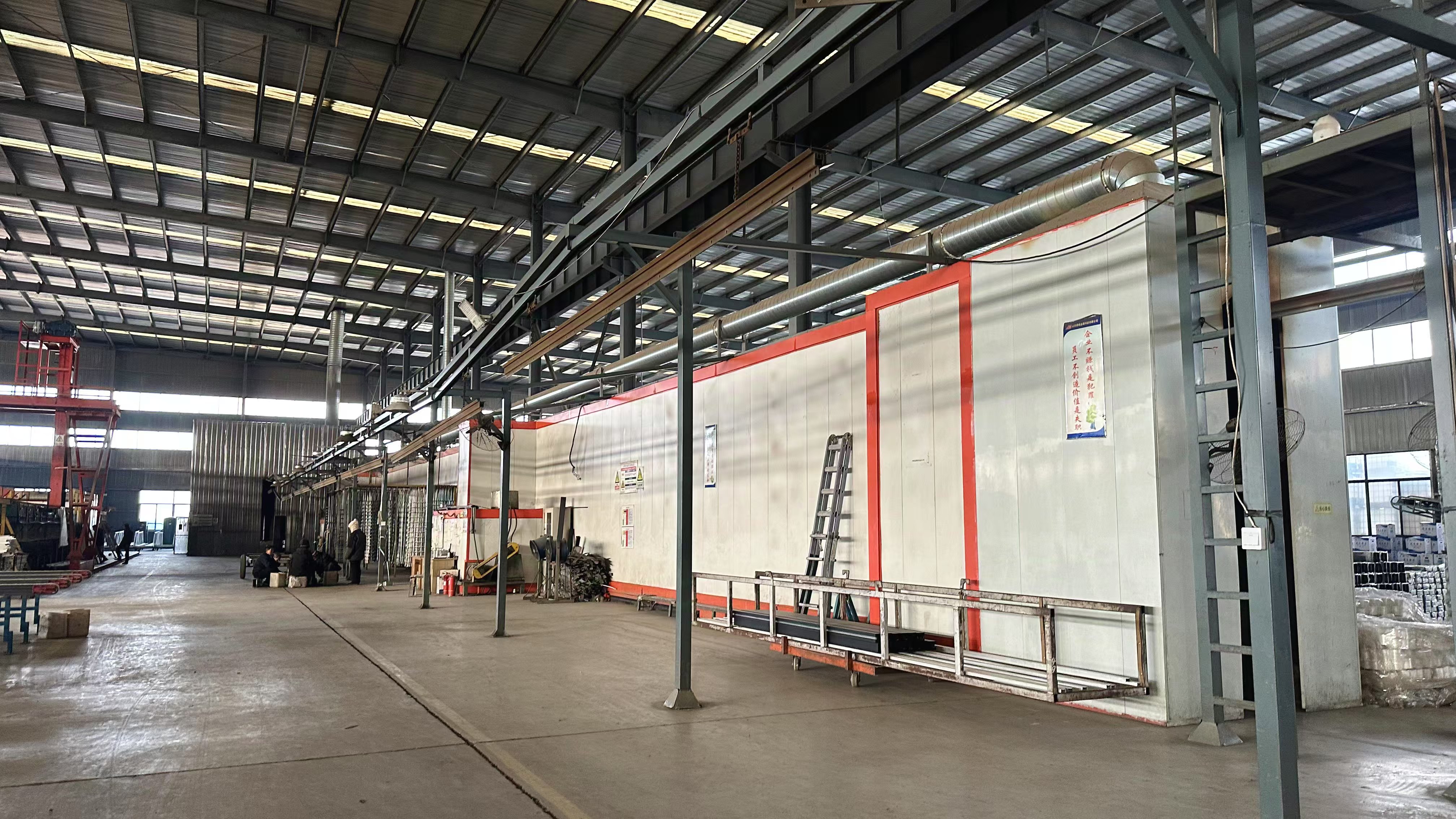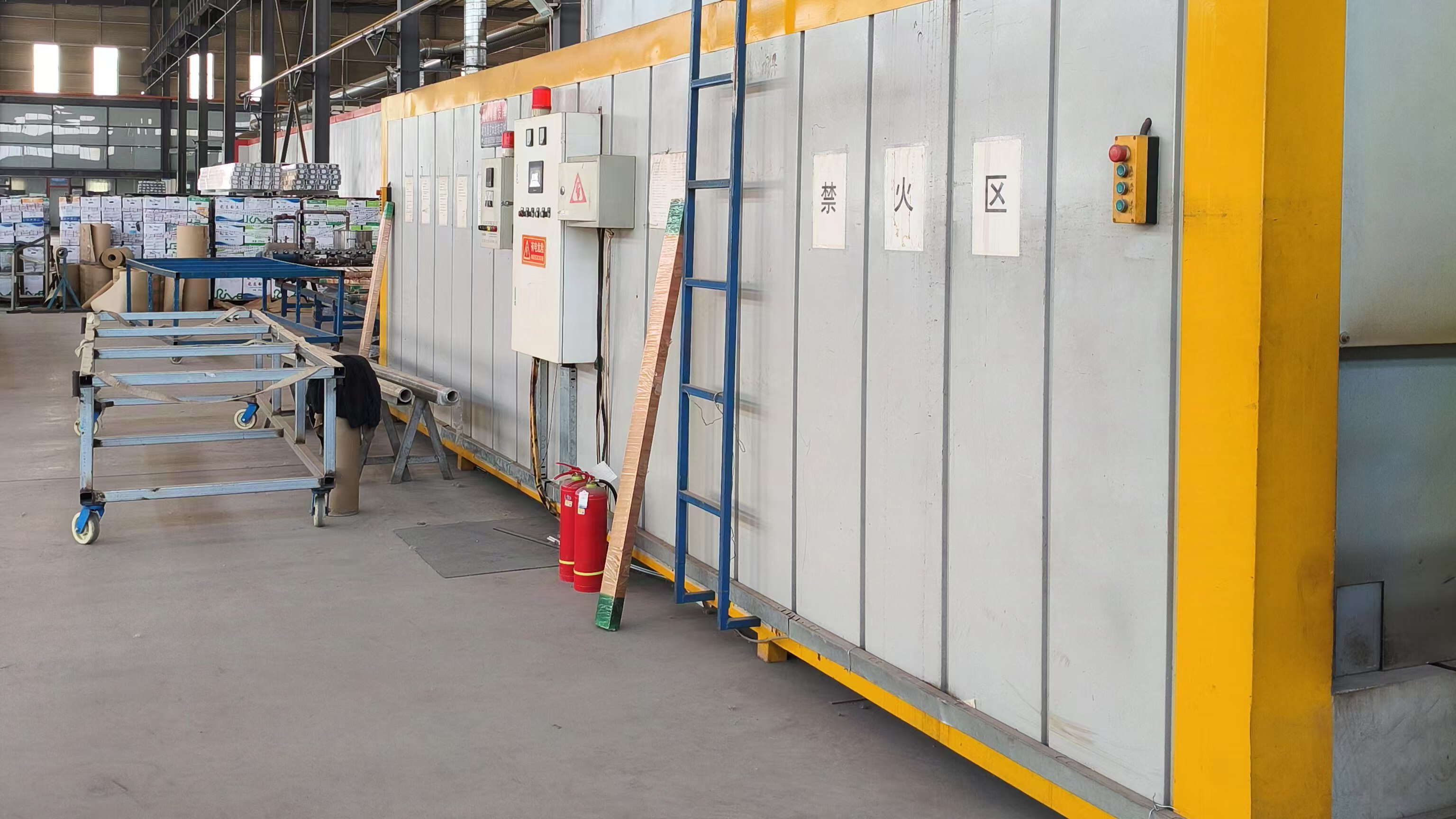The Application of Aluminum Alloy Profiles in the Design and Construction of Glass Partitions
Aluminum alloy profiles play a crucial and multi - faceted role in the design and construction of glass partitions, contributing to both functionality and aesthetics.
Structural Support In glass partition construction, aluminum alloy profiles serve as the fundamental structural framework. Their high strength - to - weight ratio makes them ideal for this purpose. The profiles are precisely fabricated and assembled to form a robust grid or framework that securely holds the glass panels in place. For example, in large - scale commercial office buildings, the vertical and horizontal aluminum alloy profiles create a stable structure capable of supporting large, heavy glass sheets, ensuring the long - term integrity of the partition system. This structural support is essential not only for the physical stability of the glass partitions but also for withstanding potential impacts and environmental forces.
Design Flexibility One of the remarkable advantages of aluminum alloy profiles in glass partition design is their design flexibility. They can be easily customized into various shapes, sizes, and finishes to meet different design requirements. Architects and designers can choose from a wide range of profile cross - sections, such as square, rectangular, or custom - shaped profiles, to create unique and visually appealing glass partition designs. Additionally, the surface of the aluminum alloy profiles can be treated with different finishes, including anodizing for a sleek, corrosion - resistant look, powder coating in a variety of colors to match the interior decor, or brushed finishes for a more textured and industrial appearance. This allows for seamless integration of the glass partitions into different architectural styles, whether it's a modern, minimalist office space or a luxurious hotel lobby. Installation Convenience During the construction process, aluminum alloy profiles offer significant installation convenience. They are lightweight compared to some traditional construction materials, which simplifies handling and reduces the need for heavy - duty lifting equipment. The profiles are designed with standardized connection methods, such as snap - together joints or pre - drilled holes for easy bolt - on assembly. This not only speeds up the installation process but also ensures accurate alignment of the glass panels. In a fast - paced construction project, the ease of installation provided by aluminum alloy profiles can save both time and labor costs, making them a preferred choice for contractors. Thermal and Acoustic Performance Aluminum alloy profiles can also contribute to the thermal and acoustic performance of glass partitions.
By incorporating thermal breaks within the profiles, heat transfer can be effectively reduced, improving the energy efficiency of the building. This is particularly important in areas with extreme temperature variations. Additionally, the combination of aluminum alloy profiles and high - quality glass can enhance the acoustic insulation properties of the partitions. The solid structure of the profiles and the airtight installation with the glass help to block out unwanted noise, creating a more peaceful and private environment within offices, conference rooms, or residential spaces separated by glass partitions.

